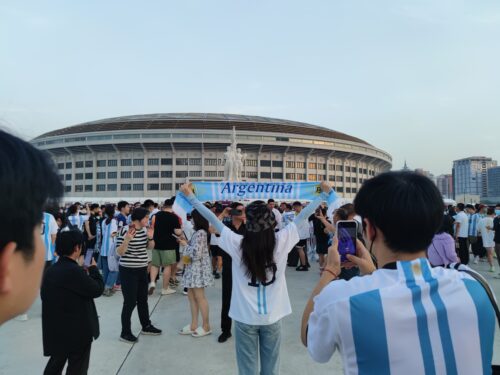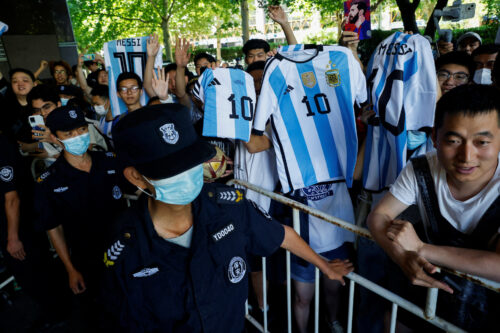Jeremy Lin’s Warriors return blocked by Chinese Basketball Association
Jeremy Lin’s hopes of signing with the Golden State Warriors' G-League affiliate were dashed over the weekend after the Chinese Basketball Association failed to provide a letter of clearance.
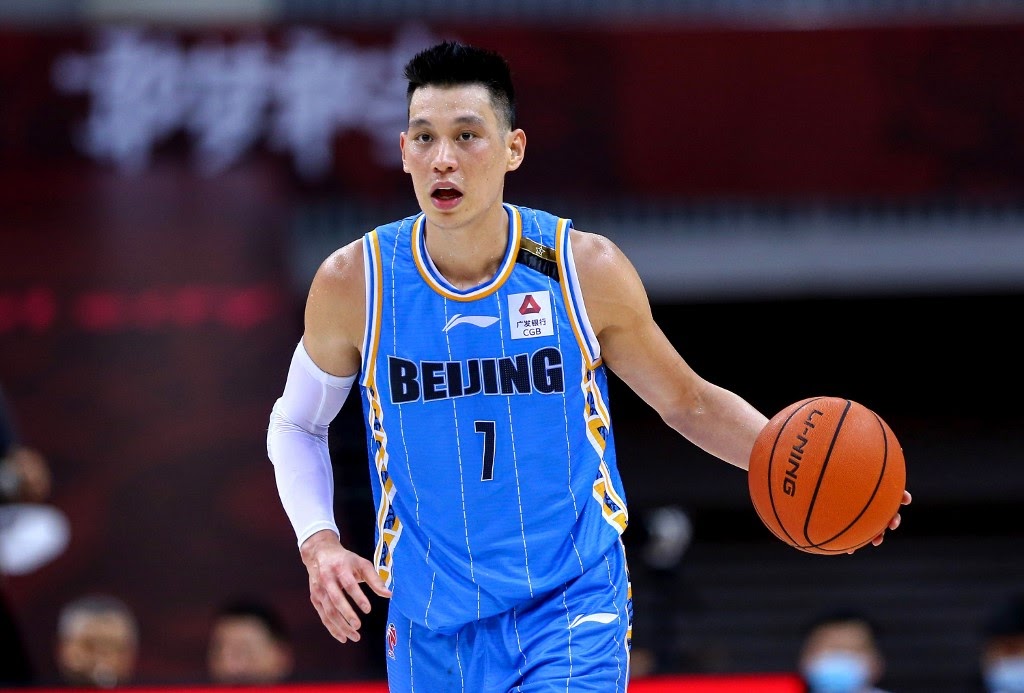
Jeremy Lin’s hopes of returning to professional basketball Stateside were dashed this weekend after the CBA failed to provide the Golden State Warriors a letter of clearance before Saturday’s waiver deadline.
Sources: Letter of Clearance didn’t arrive in time for Jeremy Lin to sign-and-waive with Warriors before tonight’s waiver deadline. https://t.co/m7Ywoq8gEv
— Shams Charania (@ShamsCharania) December 20, 2020
Lin was set to move to the Warriors’ G-Team affiliate in Santa Cruz on an Exhibit 10 deal pending international clearance from FIBA. But the letter never arrived in time.
The 32-year-old left the CBA at the end of last season to pursue a last shot at the NBA. During his time in China, the guard averaged more than 22 points per game, with 5.6 assists and 5.7 rebounds for the Beijing Ducks.
The Golden State Warriors decided to opt for Eli Pemberton instead, as Lin could not sign the deal without the clearance.
Despite missing out, Marc Stein of the New York Times reports that the Warriors remain interested in signing Lin to the G League and are prepared to “explore all avenues.”
The Warriors remain interested in adding Jeremy Lin to the @GLeagueWarriors should Lin decide to use the G League as the platform for a potential NBA comeback, league sources say
— Marc Stein (@TheSteinLine) December 20, 2020
~
CSL salary cap set for next season
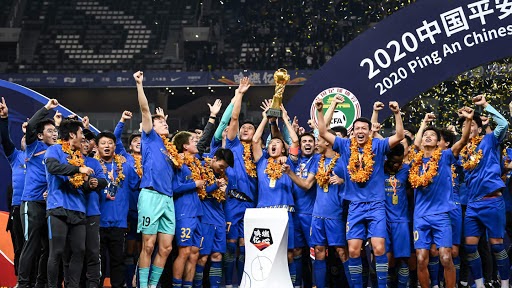
After announcing plans for a salary cap nearly a year ago, the Chinese Football Association (CFA) finally announced that a cap would be implemented starting next season.
Driven by the Chinese Super League’s (CSL) large financial losses and poor youth player development, the CFA has made controlling Chinese soccer’s financial stability one of its key priorities.
The death of Tianjin Tianhai in May brought home the precarious financial situation of a lot of clubs in China.
In the last decade, Chinese clubs have been prepared to offer players exorbitant salaries as compensation for playing in China. The arrival of big-name players such as Didier Drogba, Hulk, Oscar, and more have inflated the wage bills of Chinese clubs to unsustainable levels.
Starting next season, overseas players will be restricted to a salary of just $3.6 million, while domestic players will be limited to around $750,000 per season.
Alongside the salary rules, club expenditure will have a hard cap of $92 million, including a $12 million cap for overseas players. The mean salary of Chinese players is limited to around $450,000.
The spending limits are designed to discourage clubs from wasting large sums of money on often mediocre players and instead use their youth academies to develop talent.
As well as youth development, the low domestic salary cap is designed to encourage young talented Chinese players to move to Europe to play at a higher level. Currently, there are no Chinese players regularly featuring in one of UEFA’s top 5 leagues. China’s leading forward, Wǔ Lěi 武磊, was relegated to the Spanish Segunda Division last season.
“CSL club expenditure is about 10 times higher than South Korea’s K-League and three times higher than Japan’s J-league,” CFA President Chen Xuyuan told Xinhua. “But our national team is lagging far behind. The bubbles not only affect the present of Chinese football, but also hurts its future.”
Rivals Japan and South Korea are ranked 27th and 38th in the FIFA world standings, while China is 75th.
Outside of salary restrictions, Chinese clubs will be banned from using references to club owners in their names. Guangzhou Evergrande Taobao FC and Shanghai Shanghai International Port Group (SIPG) FC are among the most visible offenders.
~
Breakdancing and Esports confirmed as Hangzhou 2022 events
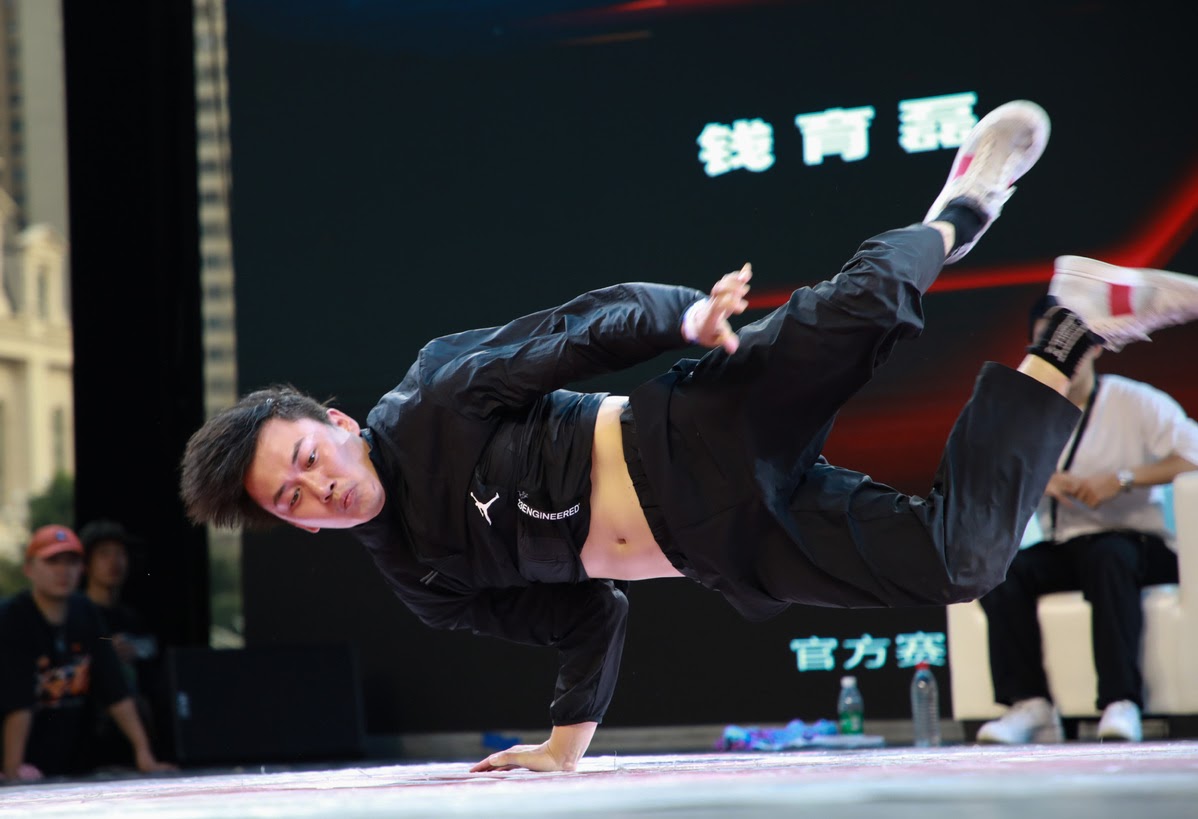
Breakdancing will debut at the Asian Games, following the International Olympic Committee’s decision to admit breakdancing into the Paris Olympic program last week.
In addition, Esports, which featured in Jakarta as a demonstration event, have also been confirmed for Hangzhou 2022.
The Olympic Council of Asia approved the Hangzhou Organizing Committee proposal to bring the two new sports into the Asian Games during the 39th OCA General Assembly.
Breakdancing has been growing in popularity in China. The recent Street Dance of China TV show proved to be a popular series for streaming platform Youku this year.
The China Sports Column runs every week on The China Project.




